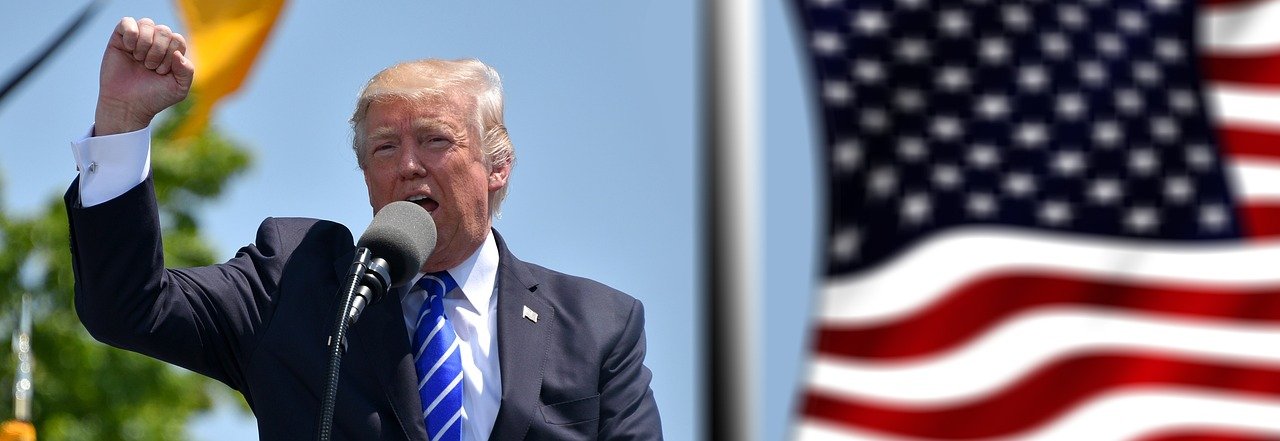- Ursula von der Leyen, the European Commission president, will not attend Donald Trump’s inauguration.
- Von der Leyen proposed increasing EU imports of American LNG to avoid potential tariffs.
- Trump’s return to presidency brings implications for Brussels, especially concerning support for Ukraine and NATO defense spending.
- Despite not receiving an invitation to the inauguration, EU leaders are seeking early contacts with the new administration.
The European Commission has confirmed that its president, Ursula von der Leyen, will not be attending the inauguration of Donald Trump as the 47th US president. Despite her advocacy for transatlantic relations, von der Leyen has not received an invitation to the event. However, she is actively seeking to establish early contacts with the new administration. The Commission’s chief spokesperson, Paula Pinho, stated that while they are seeking early contacts with the upcoming administration, the specifics of these contacts remain uncertain.
Von der Leyen is currently recovering from severe pneumonia in Hanover, Germany. As a result, she has cancelled all her external engagements for the first half of January. She is working from home and has not delegated any tasks. Her last conversation with Trump was in early November, shortly after the US presidential election. The conversation, which von der Leyen described as excellent, covered topics such as defence policy, Russia’s war on Ukraine, trade, and energy.
Trump’s Threats and EU’s Response
The Commission president later revealed her proposal to increase EU imports of American LNG, an offer seen as an attempt to avoid the across-the-board tariffs that Trump has threatened to impose on foreign goods. This proposal was seen as a reflection of the bloc’s willingness to appease the Republican’s demands to develop a functional relationship.
However, this relationship was tested when Trump refused to rule out using military force to seize Greenland, a territory belonging to the Kingdom of Denmark. His comments were met with rebuke from Greenland’s and Denmark’s prime ministers, as well as by the French government. German Chancellor Olaf Scholz expressed uneasiness and stressed that borders must not be moved by force.
In response to Trump’s remarks, von der Leyen, in coordination with European Council President António Costa, stated that the EU will always protect its citizens and the integrity of its democracies and freedoms. She expressed hope for a positive engagement with the incoming US administration, based on common values and shared interests.
Implications of Trump’s Return
Trump’s return to the presidency comes with significant implications for Brussels and the entire bloc, particularly concerning military and financial support for Ukraine, which Trump has threatened to cut. His pledge to find a speedy resolution to the war has stoked fears that Ukraine would be forced into painful territorial concessions, leaving Europe more vulnerable to future Russian aggression.
The president-elect has also increased pressure on NATO allies to boost their defence spending from 2% of GDP to 5%, a target not even the US meets. The prospect of tariffs has also caused concern among EU capitals, as it could exacerbate the bloc’s economic woes.
In the past, Trump has invited several foreign leaders to his inauguration, a break from tradition. Among those invited were Chinese President Xi Jinping, former Brazilian President Jair Bolsonaro, Israeli Prime Minister Benjamin Netanyahu, and Italian Prime Minister Giorgio Meloni. However, von der Leyen has not received an invitation and has no plans to attend.
The return of Donald Trump to the presidency brings with it a host of challenges and uncertainties for the European Union. The bloc’s leaders are seeking to establish early contacts with the new administration, but the specifics of these contacts and the potential impact of Trump’s policies on the EU remain to be seen. The EU’s response to these challenges will be crucial in shaping the future of transatlantic relations.

